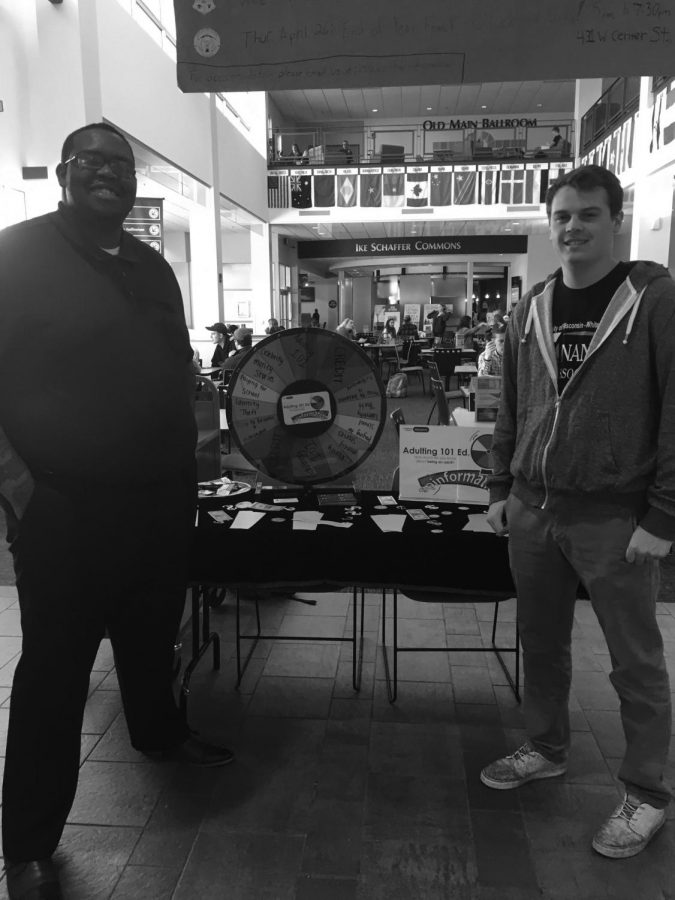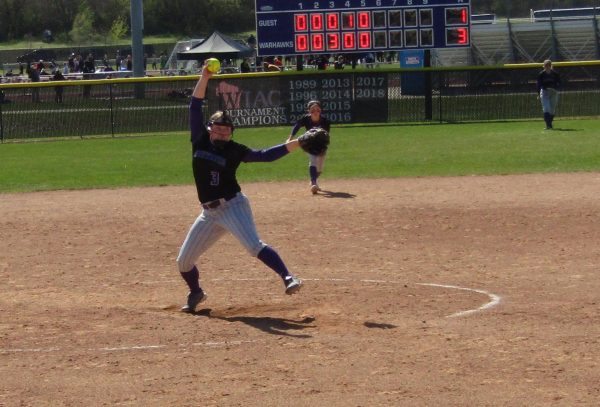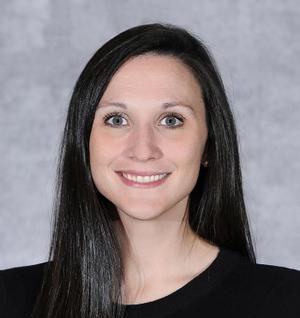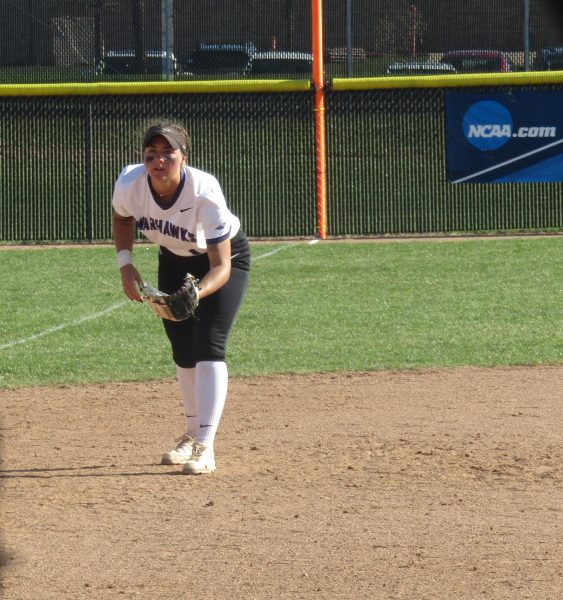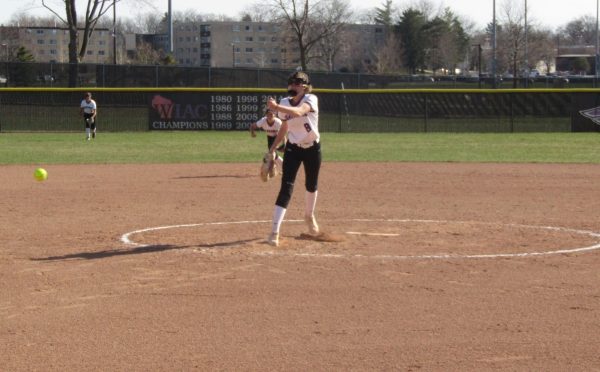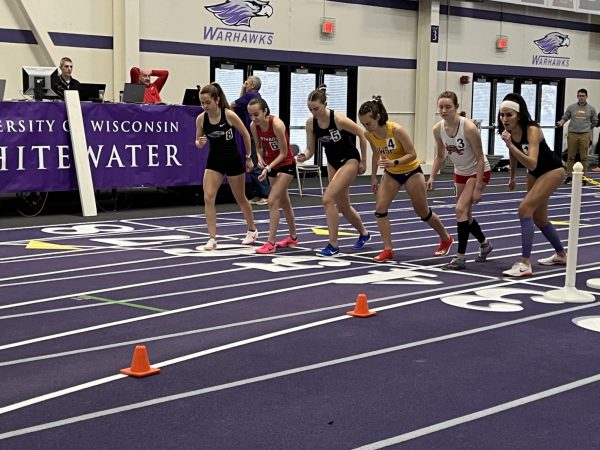Smart Money Week focuses on financial responsibility
May 1, 2018
Beginning Monday, April 23, an array of University of Wisconsin-Whitewater students took part in Money Matters Week, a series of on-campus events aimed toward engaging in financial workshops meant to educate students about responsible money management.
Senior Jacob Leitheiser, a finance student, touched on the possible benefits of these seminars and workshops during a presentation he prepared.
“The overall objective is to help students be smarter with their money and learn more about being financially well off,” Leitheiser said. “For those struggling with money, I recommend that students set up a budget each month and try to stick to it. Just being more aware of how much you spend can help.”
Countless college students don’t have the money they need or spend too much of what they do have, and UW-Whitewater faculty are looking to help them as much as possible. Financial Literacy Coordinator Naomi Schemm highlighted a few changes from the 2017 events.
“Last year, the events weren’t as spread out throughout the week. This year, the seminars, modules and other events really filled out the entirety of the week. We felt it was important to grow,” Schemm said.
She also offered insight on what makes students gravitate to the money-related festivities throughout the week.
“The biggest attraction stems from it being fun,” Schemm said. “We have games and prizes during the events, basically making it more interactive in a low-pressure environment.”
Schemm said the weeklong series of events offered a way for students to learn more about financial facts, budgeting, and spending wisely.
“Money doesn’t come with directions,” Schemm said.
Emily Kalhoon, branding manager of UW Credit Union on campus, gave insight on the basis of a financial theft seminar which took place earlier in the week.
“We brought in a fraud prevention specialist to show different types of scams we see that they should know so they can better protect themselves from things like sublet scams or Craigslist scams,” Kalhoon said. “It’s ultimately just to help people avoid these. It’s really important to make sure you have a good understanding of the security of your funds.”
Wagner touched on numerous financial crimes including: different forms of fraud, scams, and identity theft—Wagner’s area of expertise.
She stressed that these types of financial crimes can happen to anyone. Wagner admitted, “I’m a victim of identity theft.”
Identity theft isn’t just about people stealing a person’s information and buying large purchases. Identity theft is the fraudulent use of someone’s personal information for profit such as opening accounts or taking over accounts. It can be done numerous ways including social engineering, burglary, and intruding on one’s computer system through malicious software. Things like this can also come through emails via links.
Things that happen such as this can damage credit, which for university students, is a large hassle when it comes to buying a home or making large purchases. It takes time and money to clear a record after an identity theft.
Aside from identity theft, phone scams are occurring frequently. If one receives a phone call from the IRS, be suspicious.
“The IRS will never call you,” Wagner said, “They will only ever send you mail.”
ATM and gas pump skimming can also occur, especially outside the country. “We’re seeing it a lot more,” Wagner said. This is where fake card readers are stuck onto the ATM card reader. It looks exactly like the original, but it can come off if one were to try pulling it off.
Although anyone can be a victim of financial crimes, minors, university students, and the elderly are most prone to fall victim.
In order for these crimes to be less likely, it was advised to reduce exposure online and post as little as possible on social media. It is best to be financially aware in knowing what is out there, watch for alerts, and always be skeptical.
Other activities throughout the “Money Smart Week” included: a credit report check for both students and faculty, more fun at Adulting 101, and paint-a-bank.
Money Matters Week concluded with “Paint a Piggy Bank” event on April 27 in Andersen Library. At this event, students in attendance had the opportunity to paint their own piggy bank in an organic and creative manner.

